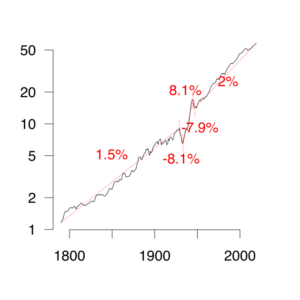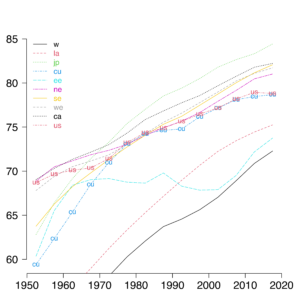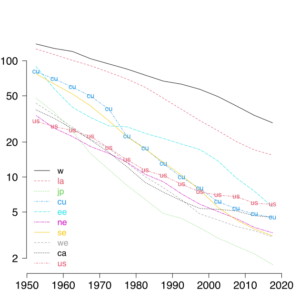The Poor People’s Campaign, begun in 1968 by Martin Luther King Jr., is being resurrected across the country. In the late 1960s, the campaign focused on the evils of racism, poverty, and militarism. Today, activists add ecological devastation. This revived campaign has taken root in Missouri and Kansas, finding financial and in-person support from a group that began in 1982, PeaceWorks, Kansas City. This December 31 episode of Radio Active Magazine celebrates the political activism of these groups and how they dare to hope.
The program is hosted by Spencer Graves, a member of the Radio Active team, who is also the secretary of the Board of PeaceWorks Kansas City. Christopher Overfelt and Jane Stoever, current and former PeaceWorks Board members, respectively, discuss their work. Charles Carney and Kathy Downing give an overview of activities of the Kansas Poor People’s Campaign. Lois Swimmer and Tammy Brown of Cherith Brook Catholic Worker House discuss the Missouri Poor People’s Campaign.
Spencer Graves made presentations at professional meetings over the past two years on “Time to nuclear Armageddon” and “Forecasting nuclear proliferation“. From this work, he has estimated a 50% chance that a child born today will die prematurely from the direct or indirect effects of a nuclear war — UNLESS there is some fundamental change in the structure of international relations. The 1970 Treaty on the Non-Proliferation of Nuclear Weapons (NPT) may have slowed the rate of nuclear proliferation. However, there are almost twice as many nuclear-weapon states today as there were when that took effect. It remains to be seen whether the Treaty on the Prohibition of Nuclear Weapons will substantially reduce the risk of further nuclear proliferation and a nuclear war that could lead to the extinction of civilization.
During the 12 years of the Franklin Roosevelt presidency, the US averaged 8 percent per year growth in average annual income, Gross Domestic Product per capita, adjusted for inflation. Spencer doesn’t think there’s another case in human history, where the country leading the world in technology improved anywhere close to that fast. He thinks it’s because the Great Depression and Word War II gave Franklin Roosevelt the political support required to make that happen. Supporters of Modern Monetary Theory (MMT) use that example to explain why the US and any other country with its own sovereign currency can have faster, more stable and more broadly shared economic growth with a job guarantee. A job guarantee is part of at least some “Green New Deal” proposals and should help reduce and potentially eliminate substantive poverty.

In 1950, the US was among the world leaders in pubic health — life expectancy and infant mortality. Since then, the rest of the advanced industrialized world have shown faster rates of improvement in public health, and the US now lags the rest of the advanced industrialized world in public health. Spencer believes that the slow rate of improvement in public health in the US is due primarily to the fact that the rest of the advanced industrialized world has had much larger public subsidies for media with effective firewalls to prevent political interference in the content of the media. As Les Moonves, former Chairman and CEO of CBS Corporation, said (in a different context), “The money’s rolling in, and this is fun” — and it likely would NOT roll in as easily if CBS offended major advertisers like insurance companies and major pharmaceuticals.


Dean Baker, a co-founder of the Center for Economic and Policy Research, claims that a substantial portion of slower rate of progress in public health in the US vs. other portions of the advance industrialized world is due to changes in patent law that give stronger patents to major pharmaceutical corporations for technology developed essentially at public expense, and public health the world over would be better if future advances in such technology were paid for directly by the public with the technology then placed in the public domain: The incentives would be less for major pharmaceuticals to lie to prescribers and the public about the safety and efficacy of alternative diagnostic procedures and therapies, and the diagnostics and therapies themselves would be substantially cheaper the world over. Then people everywhere would have easier access to better diagnostics and treatments at lower costs. This is documented in his 2016 book, “Rigged: How Globalization and the Rules of the Modern Economy Were Structured to Make the Rich Richer” (available for free in pdf or for purchase).
The Kansas Poor People’s Campaign is working especially to pass KanCare to improve health care in Kansas.
Image of PeaceWorks Kansas City billboard, “Imagine a world free of nuclear weapons”, commemorating the Entry Into Force (EIF) of the Treaty on the Prohibition of Nuclear Weapons (TPNW). [Used by permission.]



